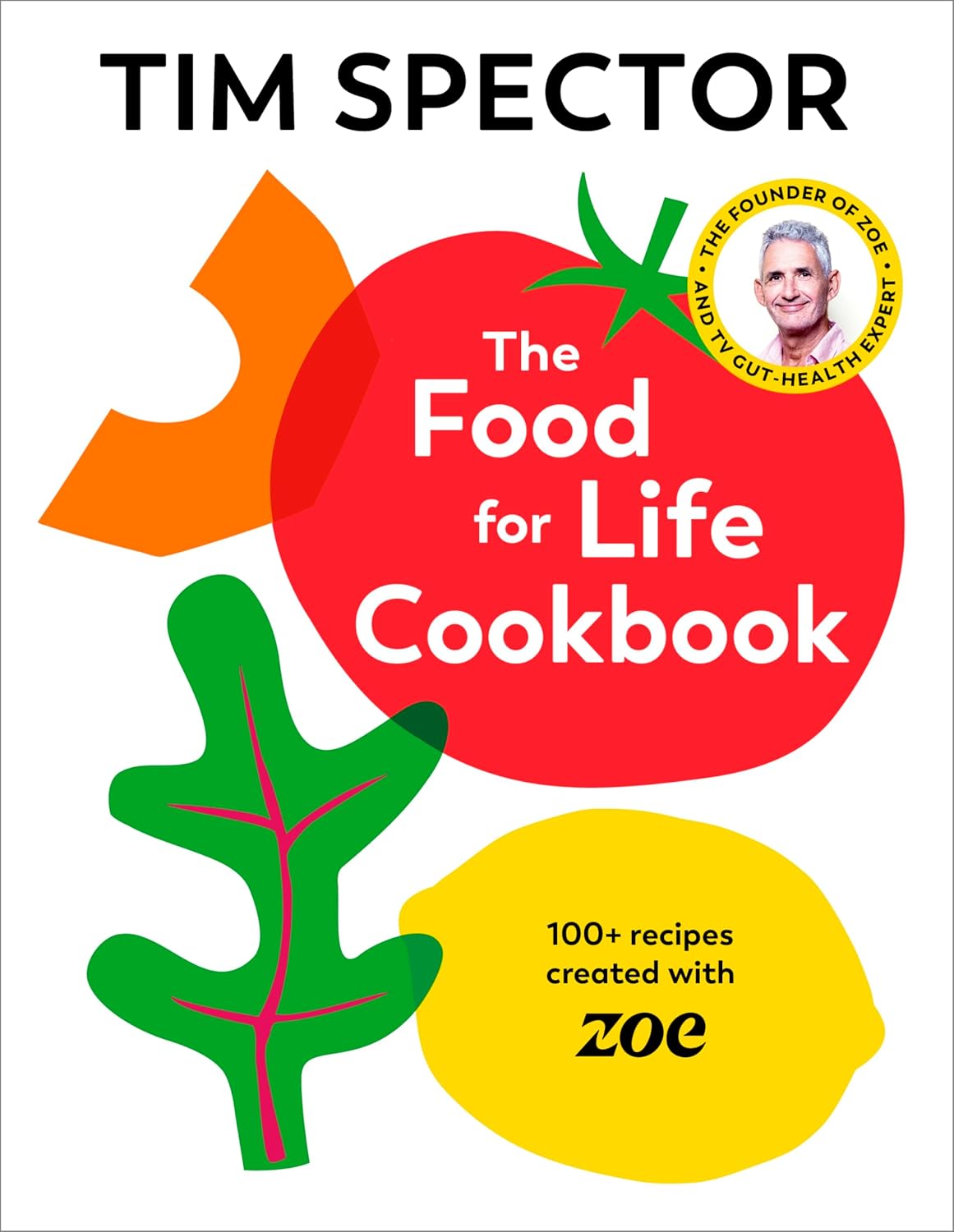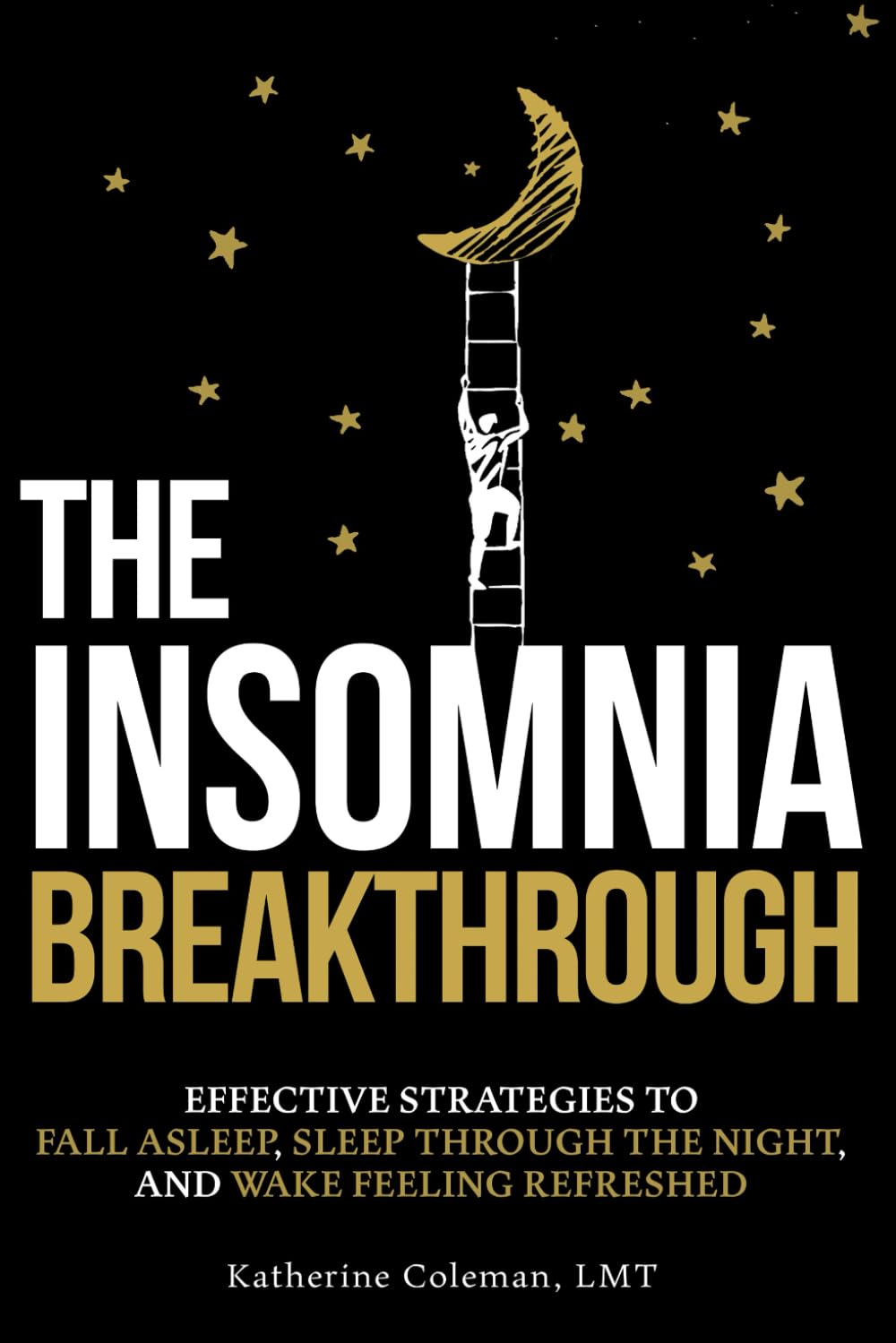
Let’s Get Letting Go (Of These Three Things)
10almonds is reader-supported. We may, at no cost to you, receive a portion of sales if you purchase a product through a link in this article.
Let It Go…

This is Dr. Mitika Kanabar. She’s triple board-certified in addiction medicine, lifestyle medicine, and family medicine.
What does she want us to know?
Let go of what’s not good for you
Take a moment to release any tension you were holding, perhaps in your shoulders or jaw.
Now release the breath you might have been holding while doing that.
Dr. Kanabar is a keen yoga practitioner, and recommends it for alleviating stress, as well as its more general somatic benefits. And yes, stress is in large part somatic too!
One method she recommends for de-stressing quickly is to imagine holding a pin-wheel (the kind that whirls around when blown), and imagine slowly blowing it. The slowness of the exhalation here not only means we exhale more (shallow breathing starts with the out-breath!), but also gives us time to focus on the present moment.
Having done that, she recommends to ask yourself:
- What can you change right now?
- What about next time?
- How can you do better?
And then the much more relaxing questions:
- What can you not change?
- What can you let go?
- Whom can you ask for help?
Why did we ask the first questions first? It’s a lot like a psychological version of the physical process of progressive relaxation, involving first a deliberate tensing up, and then a greater relaxation:
How To Deal With The Body’s “Wrong” Stress Response
The diet that’s not good for you
Dr. Kanabar also recommends letting go of the diet that’s not good for you, too. In particular, she recommends dropping alcohol, sugar, and animal products.
Note: from a purely health perspective, general scientific consensus is that fermented dairy products are healthy in small amounts, as are well-sourced fish and poultry in moderation, assuming they’re not ultraprocessed or fried. However, we’re reporting Dr. Kanabar’s advice as it is.
Dr. Kanabar recommends either doing a 21-day challenge of abstention (and likely finding after 21 days that, in fact, you’re fine without), or taking a slow-and-gentle approach.
Some things will be easier one way or the other, and in particular if you drink heavily or use some other substance that gives withdrawal symptoms if withdrawn, the slow-and-gentle approach will be best:
Which Addiction-Quitting Methods Work Best?
If it’s sugar you’re quitting, you might like to check out:
Food Addictions: When It’s More Than “Just” Cravings
If it’s meat, though (in particular, quitting red meat is a big win for your health), the following can help:
The Whys and Hows of Cutting Meats Out Of Your Diet
Want more from Dr. Kanabar?
There’s one more thing she advises to let go of, and that’s excessive use of technology (the kind with screens) in the evening, and not just because of the blue light thing.
With full appreciation of the irony of a one-hour video about too much screentime:
Click Here If The Embedded Video Doesn’t Load Automatically
Enjoy!
Don’t Forget…
Did you arrive here from our newsletter? Don’t forget to return to the email to continue learning!
Recommended
Learn to Age Gracefully
Join the 98k+ American women taking control of their health & aging with our 100% free (and fun!) daily emails:
-
Glucomannan For Weight Loss, Gut Health, & More
10almonds is reader-supported. We may, at no cost to you, receive a portion of sales if you purchase a product through a link in this article.
Glucomannan is a water-soluble dietary fiber found in the root of the konjac plant.
If you’ve had konjac noodles, also called shirataki, that’s what those are mostly made of, and it’s why they have next-to-no calories.
You may be wondering: if it’s water-soluble, how do the noodles not dissolve in water? And the answer is that the noodle-making process involves making a gel out of the fiber and water, which is then extruded into noodle shapes. In this gelatinous form, they’re fairly stable (it’s one of the most viscous dietary fibers), but yes, if you were to boil them for a long time, they would indeed turn the entire liquid contents of the saucepan into gel.
How it works for weight loss
Because of its viscosity, adding even a small amount of powdered* glucomannan to a glass of water will turn the whole thing into gel in seconds. This means that if you take glucomannan capsules with a glass of water, then so far as your stomach is concerned, you just ate a cup of gel, and the water is now processed as food, staying longer in the stomach than it otherwise would, and promoting feelings of fullness.
*i.e. dry powder, not in a gelatinous form like the noodles
As for its efficacy in weight loss, see for example:
❝Glucomannan was well-tolerated and resulted in significant weight loss in overweight and obese individuals❞
Read more: Glucomannan and obesity: a critical review
So, that covers the basic requirements, but may be wondering: does it have other benefits? And the answer is yes, it does:
❝Glucomannan appears to beneficially affect total cholesterol, LDL cholesterol, triglycerides, body weight, and fasting blood glucose❞
To further corroborate that and comment on safety…
❝Results showed a significant mean weight loss using glucomannan over an eight-week period. Serum cholesterol and low-density lipoprotein cholesterol were significantly reduced in the glucomannan treated group. No adverse reactions to glucomannan were reported.❞
Read more: Effect of glucomannan on obese patients: a clinical study
As to whether other gel-making agents work the same way, the answer is no, they don’t seem to:
❝Glucomannan induced body weight reduction in healthy overweight subjects, whereas the addition of guar gum and alginate did not seem to cause additional loss of weight❞
Read more: Experiences with three different fiber supplements in weight reduction
How it works for gut health
In the words of Dr. Yu Li et al.,
❝Konjaku flour can achieve positive effects on treating obesity, which manifest on reducing BMI, fat mass, blood glucose, and blood lipid, improving hepatic function, and also regulating intestinal microfloral structure.
Therefore, changes in gut microbiota may explain in part the effects of konjaku flour.❞
Read in full: Effects of Konjaku Flour on the Gut Microbiota of Obese Patients
This has extra positive knock-on effects too:
Want to try some?
We don’t sell it, but here for your convenience are example products on Amazon:
Konjac noodles | Glucomannan capsules
Enjoy!
Share This Post
-
Why You Can’t Deep Squat (And the Benefits You’re Missing)
10almonds is reader-supported. We may, at no cost to you, receive a portion of sales if you purchase a product through a link in this article.
Matt Hsu fought his own battle with chronic pain from the age of 16 in his feet, knees, hips, back, shoulders, elbows, forearms, wrists, hands, and head. Seeking answers, he’s spent a career in corrective exercise, posture alignment, structural integration, orthopedic exercise, sports medicine, and has more certifications than we care to list. In short, he knows his stuff.
Yes you can (with some work)
The deep squat, also called Asian squat, Slav squat, sitting squat, resting squat, primal squat, and various other names, is an important way of sitting that has implications for a lot of aspects of health.
Why it’s so important: it preserves the mobility of our hips, ankles, and everything in between, and maintaining especially the hip mobility makes a big difference not only to general health, but also to reducing the risk of injury. It also maintains lower body strength, making falls in older age less likely in the first place, and if falls do happen, makes injury less likely, and if injury does happen, makes the injury likely less severe.
An important misconception: there is a popular, but unfounded, belief that the ability or inability to do this is decided by genes—or if not outright decided, that at the very least Asians and Slavs have a genetic advantage. However, this is simply not true. Westerners and others can learn to do it just fine, and on the flipside, Asians and Slavs who grew up in the West may often struggle with it. The truth is, the deciding factor is lifestyle: if your culture involves sitting this way more often, you’ll be able to do it more comfortably and easily than if you’re just now trying it for the first time.
Factors that you can control: you can’t change where you grew up, but you can change how you sit down now. Achieving the squat requires repeated position practice, and the more frequently you do so (even if you just start with a few seconds and work your way up to longer periods), the better you’ll get at it. And, on the contrary, sitting in chairs weakens and shortens the muscles involved, so any time you spend sitting in chairs is working against you. There are many reasons it’s advisable to avoid sitting in chairs more than necessary, and this is one of them.
10almonds tip: a limiting factor for many people initially is ankle flexibility, which may result in one’s center of gravity being a bit far back, leading to a tendency to have to change something to avoid toppling over backwards. Rather than holding onto something immobile (e.g. furniture) in front of where you are sitting, consider simply holding an object in front of you in your hands. A book is a fine example; holding that in front of you (feel free to read the book) will shift your center of gravity forwards a bit, and will thus allow you to sit there a little longer, thus improving your strength and flexibility while you do, until you can do it without holding something in front of you. If you try with a book and you’re still prone to toppling backwards, try with something heavier, but do use the minimum weight necessary, because ultimately the counterbalance is just a crutch to get you to where you need to be.
For more visual advice on how to do it, enjoy:
Click Here If The Embedded Video Doesn’t Load Automatically!
Want to learn more?
You might also like to read:
Take care!
Share This Post
-
Pistachios vs Cashews – Which is Healthier?
10almonds is reader-supported. We may, at no cost to you, receive a portion of sales if you purchase a product through a link in this article.
Our Verdict
When comparing pistachios to cashews, we picked the pistachios.
Why?
In terms of macros, both are great sources of protein and healthy fats, and considered head-to-head:
- pistachios have slightly more protein, but it’s close
- pistachios have slightly more (health) fat, but it’s close
- cashews have slightly more carbs, but it’s close
- pistachios have a lot more fiber (more than 3x more!)
All in all, both have a good macro balance, but pistachios win easily on account of the fiber, as well as the slight edge for protein and fats.
When it comes to vitamins, pistachios have more of vitamins A, B1, B2, B3, B6, B9, C, & E.
Cashews do have more vitamin B5, also called pantothenic acid, pantothenic literally meaning “from everywhere”. Guess what’s not a common deficiency to have!
So pistachios win easily on vitamins, too.
In the category of minerals, things are more balanced, though cashews have a slight edge. Pistachios have more notably more calcium and potassium, while cashews have notably more selenium, zinc, and magnesium.
Both of these nuts have anti-inflammatory, anti-diabetic, and anti-cancer benefits, often from different phytochemicals, but with similar levels of usefulness.
Taking everything into account, however, one nut comes out in the clear lead, mostly due to its much higher fiber content and better vitamin profile, and that’s the pistachios.
Want to learn more?
Check out:
Why You Should Diversify Your Nuts
Enjoy!
Share This Post
Related Posts
-
The Food For Life Cookbook – by Dr. Tim Spector
10almonds is reader-supported. We may, at no cost to you, receive a portion of sales if you purchase a product through a link in this article.
We’ve previously reviewed Dr. Spector’s “Food For Life”, and while that was more of an “explanatory science” book, this one takes that science (reiterating it more briefly this time, by way of introduction) and makes a cookbook of it.
The nutritional emphasis in these recipes is on two things: maximizing fiber, and maximizing plant diversity. The recipes are not all vegan or even vegetarian, but they are plant-centric, and if the reader is vegetarian/vegan, then substitutions are easy to make.
The recipes themselves are simple without being boring, and are easy to follow, with full-page photos to accompany them. The science parts are very clear, accessible, and pop-science in style.
Bottom line: if you’d like to incorporate more fiber and more plants into your diet without it being a burden, this book is great for that.
Click here to check out the Food For Life Cookbook, and get cooking for life!
Don’t Forget…
Did you arrive here from our newsletter? Don’t forget to return to the email to continue learning!
Learn to Age Gracefully
Join the 98k+ American women taking control of their health & aging with our 100% free (and fun!) daily emails:
-
Vegan Eager for Milk Alternatives
10almonds is reader-supported. We may, at no cost to you, receive a portion of sales if you purchase a product through a link in this article.
It’s Q&A Day at 10almonds!
Q: Thanks for the info about dairy. As a vegan, I look forward to a future comment about milk alternatives
Thanks for bringing it up! What we research and write about is heavily driven by subscriber feedback, so notes like this really help us know there’s an audience for a given topic!
We’ll do a main feature on it, to do it justice. Watch out for Research Review Monday!
Don’t Forget…
Did you arrive here from our newsletter? Don’t forget to return to the email to continue learning!
Learn to Age Gracefully
Join the 98k+ American women taking control of their health & aging with our 100% free (and fun!) daily emails:
-
The Insomnia Breakthrough – by Katherine Coleman
10almonds is reader-supported. We may, at no cost to you, receive a portion of sales if you purchase a product through a link in this article.
The author, a massage therapist, knows plenty about relaxation. But how to put that to use when it comes to getting good quality sleep?
She takes a holistic approach, and yes, does start by covering all the things you’d expect to find in any guide to better sleep (aim for regular schedule, have darkness when you sleep, cool room, clean sheets, no alcohol or caffeine before bed, etc).
What she offers in particular beyond that, is the integration of calming routines, building in mindfulness for sleep (when very often people will go for the opposite!), and small cumulative lifestyle adjustments that are conducive to getting a better night’s rest every night.
The style is very light pop-science (as one might expect from someone who is not, in fact, a scientist), and while we do get a bibliography at the back, it’s a meagre 4 pages. Nevertheless, there’s a lot of interdisciplinary knowledge here, explained well.
Bottom line: if improving your sleep is something you’d like to do, this book can almost certainly get you on the right track.
Click here to check out The Insomnia Breakthrough, and don’t stay up too late reading it!
Don’t Forget…
Did you arrive here from our newsletter? Don’t forget to return to the email to continue learning!
Learn to Age Gracefully
Join the 98k+ American women taking control of their health & aging with our 100% free (and fun!) daily emails:







